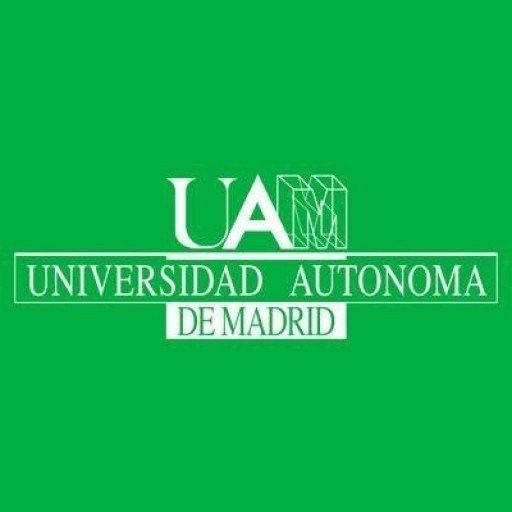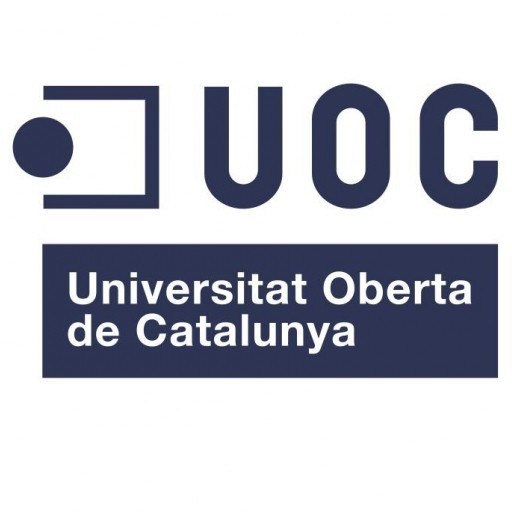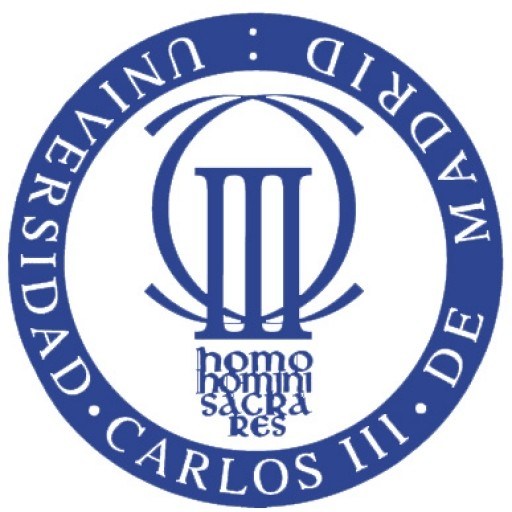The Bachelor’s Degree in Law at the Autonomous University of Madrid is a comprehensive and rigorous program designed to provide students with a profound understanding of legal principles, institutions, and systems. The curriculum combines theoretical foundations with practical skills, preparing graduates for diverse careers within the legal sector, including legal practice, public administration, academia, and private enterprise. Over the course of the program, students will explore a wide array of subjects such as constitutional law, administrative law, civil law, criminal law, international law, and European Union law, ensuring a well-rounded legal education. Emphasizing critical thinking, analytical skills, and ethical considerations, the program fosters intellectual growth and professional competence. Students have access to cutting-edge resources, including modern law libraries and digital legal databases, along with opportunities for internships and practical training in collaboration with legal institutions and organizations. The program also encourages international perspectives through exchanges and joint courses with other European universities, enhancing students’ global outlook. Distinguished faculty members, with extensive professional and academic experience, serve as mentors and guides throughout the course. Upon graduation, students receive a degree that qualifies them to pursue a variety of legal careers, including becoming qualified lawyers, legal advisors, prosecutors, or judges. The program’s structure is designed to adapt to the evolving legal landscape, integrating new legal challenges such as digital law, privacy, and cybersecurity. Graduates of the Autonomous University of Madrid’s Law program are well-prepared to contribute effectively to the legal profession and to society at large, demonstrating a commitment to justice, legality, and social responsibility.
FIRST YEAR
- CONSTITUTIONAL LAW I: INSTITUTIONAL STRUCTURE AND SOURCES OF THE LAW
- LEGAL THEORY
- PRINCIPLES OF POLITICAL ECONOMY
- ROMAN LAW
- LAW OF PERSONS
- HISTORY OF POLITICAL THEORY
- FOUNDATIONS OF PRIVATE LAW
- LEGAL HISTORY
- INTRODUCTION TO POLITICAL SCIENCE
- INTRODUCTION TO BUSINESS ECONOMICS
SECOND YEAR
- CONSTITUTIONAL LAW II: FUNDAMENTAL RIGHTS
- INTRODUCTION TO CRIMINAL LAW
- LAW OF OBLIGATIONS AND CONTRACT LAW
- PUBLIC INTERNATIONAL LAW
- LEGAL ENGLISH
- FOUNDATIONS OF ADMINISTRATIVE LAW
- EUROPEAN UNION LAW
- CRIMINAL LAW: GENERAL THEORY OF CRIME
- INTRODUCTION TO PROCEDURAL LAW AND CIVIL PROCEDURE
- LEGAL ARGUMENTATION AND DOCUMENTATION
THIRD YEAR
- THE LEGAL STATUS OF GOVERNMENT AGENCY ACTION
- PROPERTY LAW AND RIGHTS
- CRIMINAL LAW: OFFENSES AND SANCTIONS
- CRIMINAL PROCEDURE
- FOUNDATIONS OF TAX LAW
- FOUNDATIONS OF COMMERCIAL LAW
- FAMILY AND INHERITANCE LAW
- PRIVATE INTERNATIONAL LAW
- THE TAXATION SYSTEM IN SPAIN
- LABOUR LAW
FOURTH YEAR
- OPTIONAL SUBJECTS
- SOCIAL SECURITY LAW
- PHILOSOPHY OF LAW
- EXTERNAL PRACTICAL
- CORPORATE LAW AND COMMERCIAL CONTRACTS
- END-OF-DEGREE PROJECT
Requirements
- Application form requesting validation to be submitted to the Faculty Administration office, together with the supportingdocumentation.
- Official certificate showing the subjects taken and passed.
- Syllabus of each of the subjects showing the contents and depth in which they were studied.
- Photocopy of National Identity Card (DNI) or Foreigner’s Identity Number (NIE).
- For graduates, sworn statement that he/she has not simultaneously filed an application for official recognition of the degree.
- The documents must be submitted with a TRANSLATION INTO SPANISH
Financing studies for the Law program at the Autonomous University of Madrid are designed to facilitate access and reduce economic barriers for prospective students. The university offers various financial aid options, including scholarships, grants, and student loans, to support both domestic and international students. Scholarships are awarded based on academic excellence, economic need, or specific criteria such as research interests or extracurricular achievements. These scholarships can cover partial or full tuition fees and sometimes include allowances for living expenses. The university also participates in national grant programs that provide funding to students with limited financial resources, targeting those who demonstrate significant financial need and academic merit.
Students are encouraged to apply for the university’s scholarship programs during the admission process or through designated application periods throughout the academic year. In addition to institutional aid, students may seek external funding from government agencies, international organizations, or private foundations that support studies in law or higher education. The Autonomous University of Madrid also provides guidance on applying for financial aid and offers information sessions about available funding options to assist students in planning their finances.
Flexible payment plans may be available to help students manage tuition costs over the course of their studies. Moreover, work-study programs or part-time employment opportunities within university facilities can provide additional income sources for students pursuing their degrees. The university emphasizes the importance of financial planning and encourages students to explore all available options early in their studies to ensure uninterrupted progress through the program.
In summary, the Autonomous University of Madrid offers a comprehensive range of financing studies options for Law students, aiming to promote equitable access to legal education. These include scholarships based on merit and need, government grants, external funding sources, flexible payment arrangements, and employment opportunities, all designed to support students throughout their academic journey.
The Law degree program at the Autonomous University of Madrid (Universidad Autónoma de Madrid) is designed to provide students with a comprehensive understanding of the legal system, fostering both theoretical knowledge and practical skills. The curriculum covers a broad spectrum of legal disciplines, including constitutional law, criminal law, civil law, administrative law, and European Union law. Students are encouraged to develop critical thinking, analytical abilities, and ethical awareness essential for a successful career in various legal fields.
The program emphasizes experiential learning through internships, moot courts, and legal clinics, allowing students to gain real-world experience and integrate classroom knowledge with practical application. The university collaborates with law firms, public institutions, and international organizations to facilitate placements that enhance employability upon graduation. Additionally, the program offers specialization tracks in areas such as international law, human rights, and environmental law, enabling students to tailor their studies according to their interests and career aspirations.
Lecturers at the Autonomous University of Madrid are experienced professionals and scholars, bringing a diverse range of perspectives into the classroom. The university also provides access to extensive legal resources, including a well-stocked law library and online databases, to support students' research activities. The program aims to prepare graduates for careers in law practice, public administration, academia, or international organizations, with many alumni successfully entering the judiciary, legal consultancy, or becoming legal advisors.
The university emphasizes internationalization, offering exchange programs with partner universities around the world and encouraging students to participate in international seminars and conferences. Graduates of the Law program receive a Bachelor's degree that qualifies them to pursue further legal education or professional training required for practicing law, such as the Legal Practice Course and qualifying examinations in Spain. Overall, the program at the Autonomous University of Madrid seeks to cultivate competent, ethical, and socially responsible legal professionals equipped to face contemporary legal challenges both in Spain and globally.





